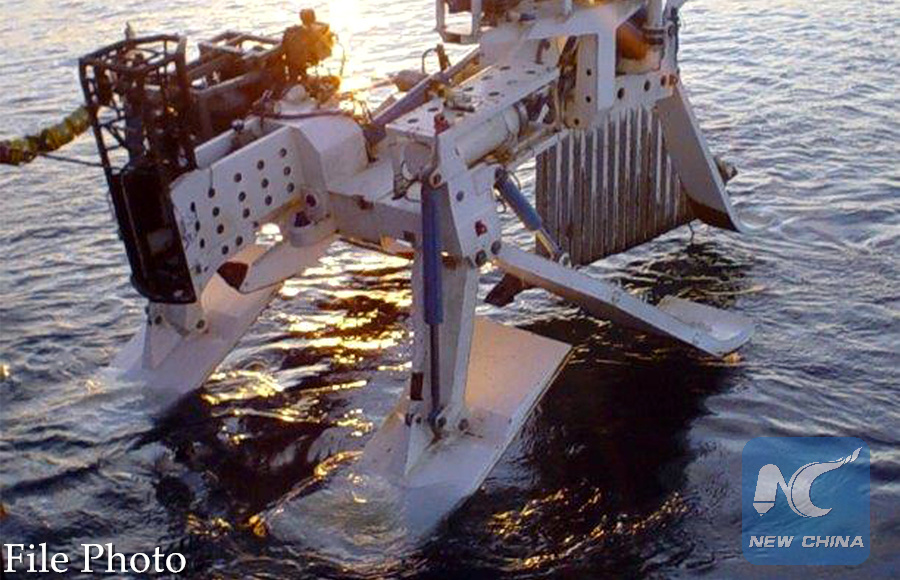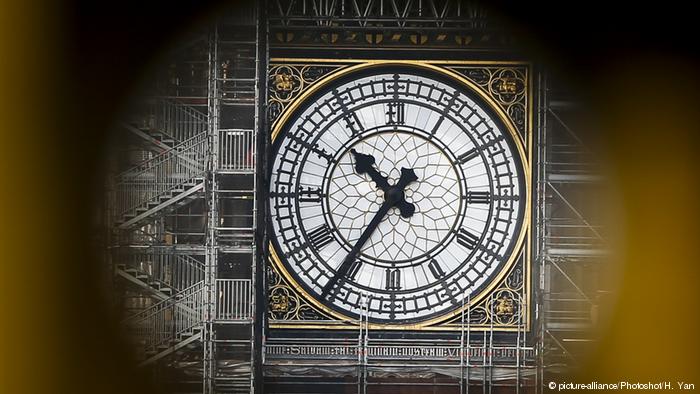EurActiv (27 Şubat 2019)
One of the perks of being in opposition is that you can make promises you know you won’t have to keep.
That rationale, in part, was behind Labour’s announcement that it will campaign for a second referendum if its own Brexit plan for the UK to remain in a permanent customs union is rejected, as is 99% likely.
On Wednesday (27 February), Labour’s Brexit spokesman Keir Starmer confirmed his party would seek a referendum between a “credible Leave option” and remaining in the EU, in a bid to take a ‘no deal’ Brexit off the table.
This will please some Remain supporters, but it doesn’t make a new referendum much more likely. For one thing, there is no parliamentary majority for another poll. Only a handful of Conservatives would support it, while at least 20-30 Labour MPs, predominantly in Leave-voting constituencies, flatly oppose another referendum.
Nor does it mean that Labour leader Jeremy Corbyn wants another referendum.
Importantly, it will pacify party members. Labour’s membership numbers have swelled dramatically since Corbyn won the party leadership from around 150,000 in 2015 to roughly 500,000.
But those new card-carriers are overwhelmingly pro-Remain and have become increasingly frustrated by Corbyn’s equivocation. Thousands of Labour members have torn up their party cards in recent months over Brexit although Labour HQ, understandably, is keeping the precise numbers close to its chest.
Of the eight Labour MPs who resigned from the party last week, the seven who are now part of the Independent Group are staunch Remain supporters.
But Corbyn isn’t the only leader on manoeuvres.
On Tuesday, Theresa May made her move to force her own recalcitrant Tory MPs to back her deal. A ‘no deal’ would only take place “with the explicit consent” of MPs. MPs will get the chance to vote for an extension to the Article 50 process – likely to be three months – delaying the date of the UK’s official departure from the EU.
A day later, her de facto deputy, David Lidington, subtly hinted that a ‘no deal’ scenario – which the European Research Group, a group of hard Brexit-supporting Conservative MPs, would be comfortable with – is gently being edged off the table. He referred to ‘no deal’ as “chaotic”.
Yesterday, the Department for Exiting the European Union (DexEU) warned that most UK businesses and citizens were unprepared for Brexit, and that a series of EU trade deals would not have been rolled over by 29 March in the event of a ‘no deal’ scenario.
Around one-third of the UK government’s Brexit contingency planning was off target. A ‘no deal’ would cost the UK economy up to 9% over fifteen years.
“The short time remaining before 29 March does not allow the government to unilaterally mitigate the effects of no deal,” the DexEU paper stated.
Those threats finally seem to be working. Jacob Rees-Mogg, the de facto leader of the European Research Group, hinted on Wednesday that he would vote for the Withdrawal Agreement provided that May can bring back legally binding assurances on the Irish backstop that carry “equal weight” to the Withdrawal Agreement.
Rees-Mogg’s group of over 90 MPs had previously been calling for the backstop [a fallback solution for the border on the island of Ireland] to be entirely scrapped.
A three-month extension to the Article 50 process is no silver bullet even if EU leaders agreed to it. That may not be the fait accompli that the May government assumes. French President Emmanuel Macron warned that he would not agree to an extension “without a clear objective”, and Spain’s Prime Minister Pedro Sanchez has made similar remarks.
For all the manoeuvring of their respective leaders, MPs are eventually going to have a choice between three options: May’s deal or something very close to it; a no deal/WTO Brexit; or another referendum. The latter option is still the least likely, and May’s deal the most probable.
Starmer spelt that out to MPs on Wednesday.
“There is an expectation that the deal is going to change, and I don’t think that’s going to happen,” he said.
“For all the talk, not one word of the Withdrawal Agreement or the Political Declaration has been changed since it was signed in November. The Withdrawal Agreement is going to be exactly the same in fourteen days as it is now.”
Most Britons are thoroughly bored of the Brexit process and just want politicians, on both sides of the Channel, to get on with it. Public opinion may be Theresa May’s weapon in finally getting an unloved compromise over the line.
No comments yet.
-
 RUSSIA LAUNCHES FIBER-OPTIC COMMUNICATION LINE ON DISPUTED ISLANDS
Asia - Pacific
28.02.2019
RUSSIA LAUNCHES FIBER-OPTIC COMMUNICATION LINE ON DISPUTED ISLANDS
Asia - Pacific
28.02.2019
- OUTRAGE AT VIOLATION OF GERMAN ARMS EXPORT RULES IN YEMEN WAR Europe - EU 28.02.2019
- THE BRIEF – A POLITICAL MARRIAGE ON THE ROCKS Europe - EU 28.02.2019
-
 BREXIT: UK PARLIAMENT TO DECIDE BETWEEN 'NO DEAL' AND DELAY
Europe - EU
28.02.2019
BREXIT: UK PARLIAMENT TO DECIDE BETWEEN 'NO DEAL' AND DELAY
Europe - EU
28.02.2019
- NATO SECRETARY GENERAL ARRIVES ON A VISIT TO BULGARIA The Balkans 28.02.2019
-
25.01.2016
THE ARMENIAN QUESTION - BASIC KNOWLEDGE AND DOCUMENTATION -
12.06.2024
THE TRUTH WILL OUT -
27.03.2023
RADİKAL ERMENİ UNSURLARCA GERÇEKLEŞTİRİLEN MEZALİMLER VE VANDALİZM -
17.03.2023
PATRIOTISM PERVERTED -
23.02.2023
MEN ARE LIKE THAT -
03.02.2023
BAKÜ-TİFLİS-CEYHAN BORU HATTININ YAŞANAN TARİHİ -
16.12.2022
INTERNATIONAL SCHOLARS ON THE EVENTS OF 1915 -
07.12.2022
FAKE PHOTOS AND THE ARMENIAN PROPAGANDA -
07.12.2022
ERMENİ PROPAGANDASI VE SAHTE RESİMLER -
01.01.2022
A Letter From Japan - Strategically Mum: The Silence of the Armenians -
01.01.2022
Japonya'dan Bir Mektup - Stratejik Suskunluk: Ermenilerin Sessizliği -
03.06.2020
Anastas Mikoyan: Confessions of an Armenian Bolshevik -
08.04.2020
Sovyet Sonrası Ukrayna’da Devlet, Toplum ve Siyaset - Değişen Dinamikler, Dönüşen Kimlikler -
12.06.2018
Ermeni Sorunuyla İlgili İngiliz Belgeleri (1912-1923) - British Documents on Armenian Question (1912-1923) -
02.12.2016
Turkish-Russian Academics: A Historical Study on the Caucasus -
01.07.2016
Gürcistan'daki Müslüman Topluluklar: Azınlık Hakları, Kimlik, Siyaset -
10.03.2016
Armenian Diaspora: Diaspora, State and the Imagination of the Republic of Armenia -
24.01.2016
ERMENİ SORUNU - TEMEL BİLGİ VE BELGELER (2. BASKI)
-
AVİM Conference Hall 24.01.2023
CONFERENCE TITLED “HUNGARY’S PERSPECTIVES ON THE TURKIC WORLD"









